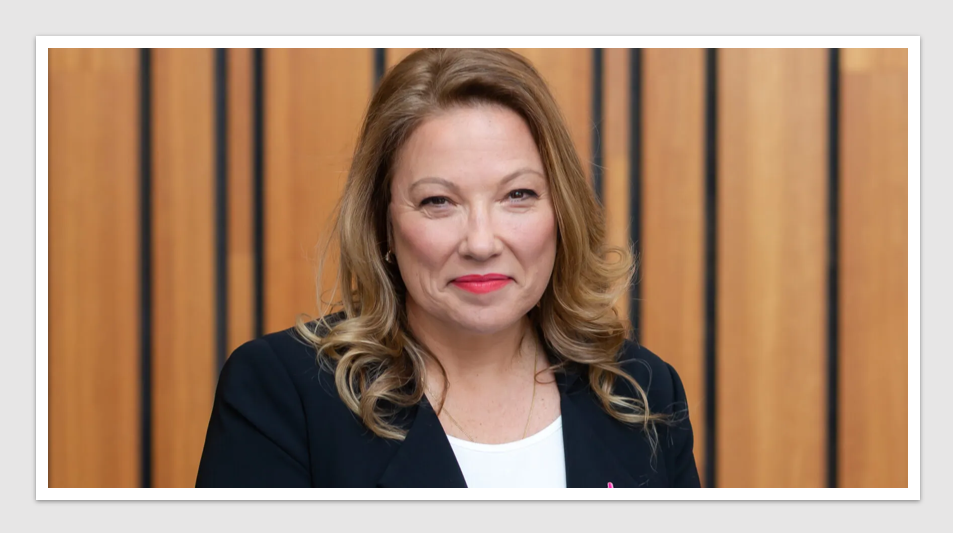News & Trends - MedTech & Diagnostics
Private hospital care still in recovery phase while private health insurers post profits

MedTech News: New data shows patient numbers seeking care in private hospitals were slowly beginning to bounce back toward the end of 2020 after COVID-19 restrictions limited elective surgery, but treatment episodes are still down compared to the same time in 2019.
The latest data from the Australian Prudential Regulation Authority (APRA) showed a 24% increase in episodes of care from the June to December 2020 quarters, illustrating a return to more ‘normal’ levels. However, numbers were still impacted by shut downs in Victoria and short-term restrictions in South Australia.
Australian Private Hospitals Association (APHA) CEO Michael Roff said the sector is providing care to patients, but is still impacted by the pandemic.
“This data shows us an increase in episodes of care in the private sector – some of which will be helping public hospitals battle their large elective surgery waiting lists – but it is still 10% lower than the same period pre-pandemic. There is still some work to be done before the sector is fully recovered.”
According to APRA, the quarterly data shows private health insurance (PHI) posted a profit of more than $341 million in the three months to 31 December 2020, a 205.4% increase on its previous quarterly reporting figures.
Despite these profits and despite spending over $2.4 billion a year on ‘management expenses’ – including executive bonuses, corporate perks and advertising – Australians are still being left to pay 13% more in out-of-pocket costs for their hospital treatments.
Mr Roff said the uptake of private health insurance might change when JobKeeper ends next month.
“There may yet be another blow for health insurance as COVID-19-related income supports are withdrawn. This highlights the need for the Federal Government to assist households to keep their insurance by restoring the rebate for low-income earners in the Budget.
“These households face a ‘double whammy’ of increased premiums and reduced rebates because every year the value of their private health insurance rebate goes down. The Government can provide significant relief to those families and make the rebate count again,” he said.
Medical Technology Association of Australia (MTAA) is concerned insurers are prioritising profits over patients’ needs, forcing many families to seriously consider ditching their private healthcare cover. The medical technology industry is doing its part through its Agreement with the Commonwealth which is delivering savings of $1.1 billion, despite the significant impacts of the pandemic and the suspension of elective surgery in 2020.
Another way Australians could save money on their health insurance is a drop in premiums if deferred claims are not realised.
“The APRA release shows us there is a deferred claims liability of $1.8 million – which is money sitting in the banks of private health insurers expected to be paid out as elective surgery and other procedures catch up post-lockdown.
“If these claims are not made due to capacity restraints, that money should be returned to private health insurance members via reductions in premiums. If insurers are serious about lower premiums for Australians, they will readily agree to this,” Mr Roff said.
In addition, it appears the ‘harvesting’ of privately insured patients in public hospital emergency departments has dropped both over the quarter and over the 12 months to December 2020. This is good news for public patients languishing on waiting lists that are blowing out all over the country due to COVID-19 surgery restrictions.
“These waiting list issues should be a wake-up call for the public hospital system to prioritise access for public patients, not health insurance revenue. Private hospitals have already stepped up to the mark to assist the public system during the pandemic, now that hospitals are returning to ‘normal’ we look forward to seeing public hospital waiting lists reduce along with the number of private patients treated in public hospitals,” concluded Mr Roff.
News & Trends - MedTech & Diagnostics

Roche Diagnostics MD bids farewell after two-decades, leading the organisation to new heights of success
Diagnostics & MedTech News: The Managing Director of Roche Diagnostics Australia, Allison Rossiter, has announced her resignation, effective September 2024. […]
MoreNews & Trends - Pharmaceuticals

Is Australia ready to play a leading role in precision nuclear medicines?
Pharma News: A newly released discussion paper unveils Australia’s preparedness to take the helm in the rise of the global […]
MoreNews & Trends - MedTech & Diagnostics

Minimally invasive procedure a first in epilepsy treatment
MedTech & Diagnostics News: An Australian-first procedure utilising MRI-guided, minimally invasive surgery has been introduced for the treatment of epilepsy […]
MoreNews & Trends - Pharmaceuticals

Stakeholders unite in international call to tackle breast cancer gaps and inequities
Pharma News: Breast Cancer Network Australia (BCNA) has united in an international call to raise breast cancer care standards and […]
More